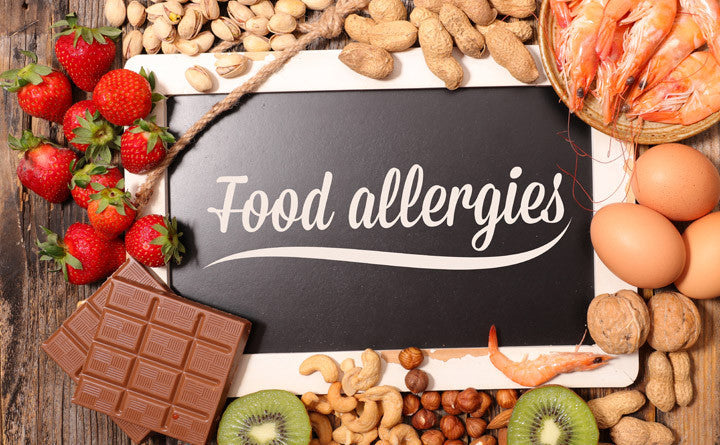Many people suffer from food allergies, and only close friends and family members know about the condition. However, the Food Allergy and Research Education group estimates that nearly 12 million people in the U.S. suffer from some type of food allergy.
There isn’t a simple “cure” for an allergy, and the best way to prevent a reaction is to avoid the food altogether.
While many people don’t share the fact that they are allergic to a certain food, it’s important for you to find this information out if you are planning on having guests to your home for a get-together involving food. With 4% of the population at risk for some type of reaction to a specific food, it doesn’t hurt for you to ask all guests before they arrive whether or not there is anything they aren’t able to safely consume.
What should I do if a guest is allergic to a specific food?
The easiest thing you can do is to just not have the particular food in your home. It may feel like an inconvenience for you if you aren’t able to prepare meals with eggs, dairy, peanuts, etc. but your guest(s) will thank you for it when they can rest easy knowing they are eating a safe meal.
Be prepared to provide a full list of ingredients for everything you plan on buying or preparing at your home for guests.
Common food allergies
- Peanuts
- Eggs
- Milk or dairy products
- Shellfish
- Wheat, or anything with gluten
- Soy
- Itchy, red and swollen eyes
- Sneezing or a dry cough
- Upset stomach
- Itchy feeling inside the mouth or ears
- Trouble breathing
- Swelling of the lips, tongue or throat
If you feel you or a friend are experiencing an allergic reaction to food, call 911 immediately to seek medical help. If someone is allergic and carries an EPI pen, find out and be prepared to administer it in case of an emergency.


